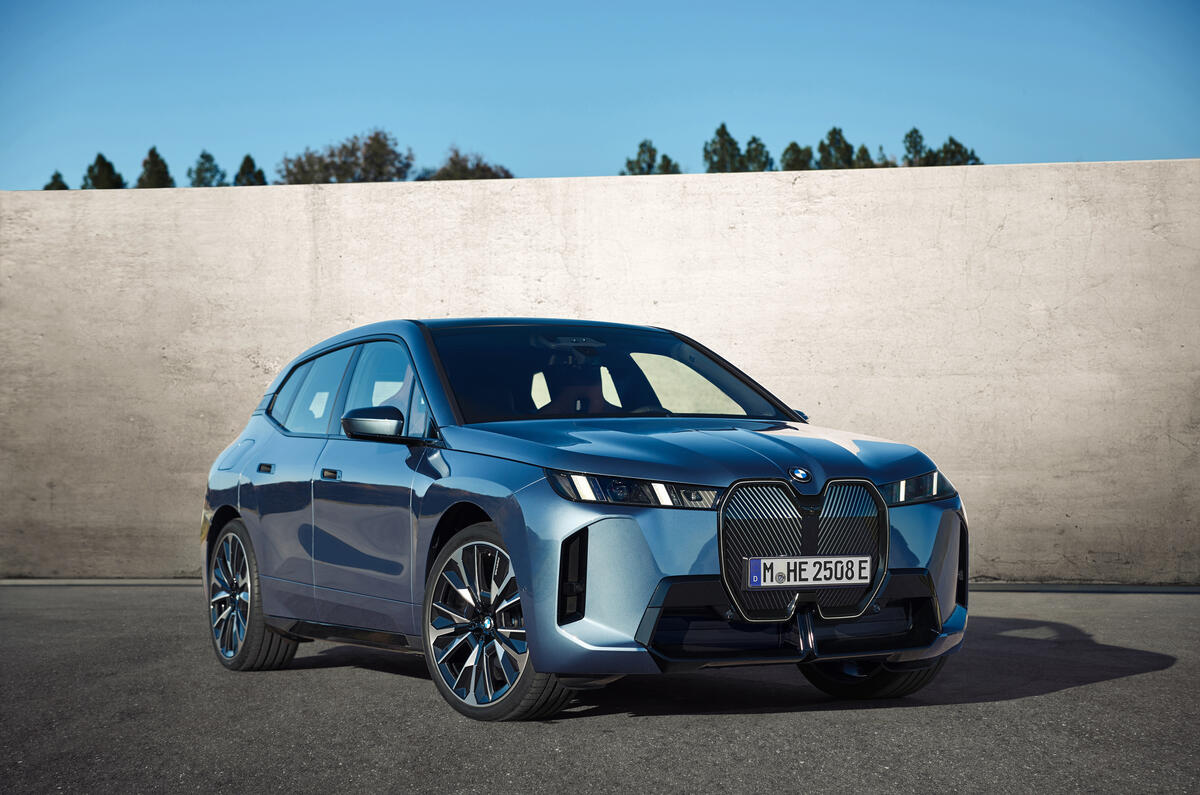BMW isn't focussing on solid-state battery technology for the coming years, insisting there is “a long way to go” with today’s lithium ion batteries, which it will continue to develop.
Solid-state batteries are widely said to be crucial to EV longevity, because they offer greater capacity and more range than similar-sized batteries in use today. That's because of their simplified make-up that is lighter, less susceptible to temperature variations and can be charged faster.
But while firms such as rival Mercedes-Benz claim they're close to putting the technology into production, Martin Schuster, BMW’s vice-president of next-generation battery tech, estimates that the BMW Group is eight years away from needing a solid-state battery option in its EV line-up.
He said: “The most important thing is the lithium ion battery: it's not finished. You [still] see improvements. There is no one and only battery. It will not come. But the lithium ion battery at the moment [can] improve in a steady way, to reduce the cost, because that will be the main, most important goal.”
He told Autocar: “We can do [solid-state] now, but the cost in the packaging makes no sense to do. There is still a long way to go with lithium ion.”
Purchasing and supply boss Joachim Post added that BMW Group’s new 'Gen6' batteries – which can take on 186 miles' worth of energy as little as 10 minutes – offer more than enough for what the market currently wants.
“Would a customer be willing to pay a much higher price for solid-state for maybe a little bit faster charging?” he asked. “Cost is one of the most important points [for EV buyers].”
That cost comes from the production of the packs and especially the cells, explained Post.
“The problem [with solid-state] is to make millions of battery cells for a low price with a high efficiency, best quality and easy to integrate in the package,” he said. “What we so far see there is not a fast breakthrough coming, and that's why we are quite confident that our Gen6 [battery] is lasting for a long time.”
Asked if this meant BMW would fall behind, given that Mercedes has just announced that it has begun testing of its own solid-state battery, which can offer a range of beyond 600 miles, Schuster said: “They are in a price range which is not competitive. That's fact today. When we will see it in a competition against lithium ion, then [we will take note]."









Join the debate
Add your comment
This position simply means that others will get there first, leaving BMW behind. We definitely need the next generation of batteries before 2030 to make EVs workable for the majority of people who have just one car and need it to do the occasional long journey without being dependent on the unpredictable charging network. If BMW isn't the company to provide that then others will.
Sounds like hubris from BMW. Eight years is an eternity in the car world and in tech. Moving to lighter, smaller EV batteries with better range and recharge times is surely a priority for all EV makers. BMW could cede a lot of market share to rvials that move more quickly to solid state batteries.